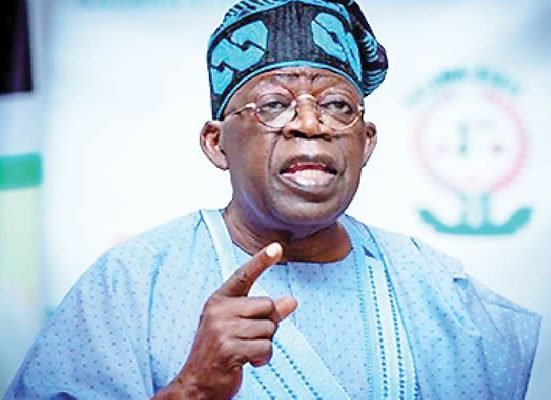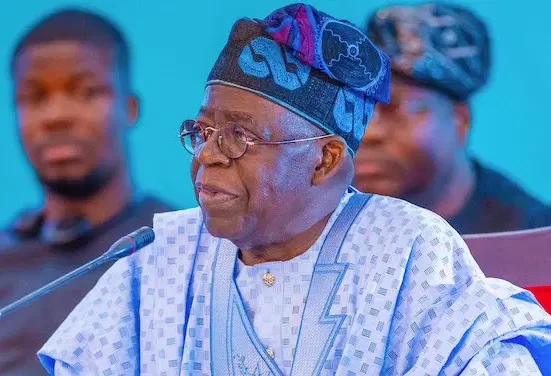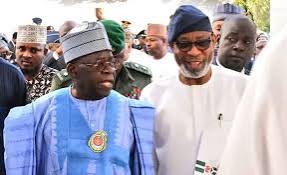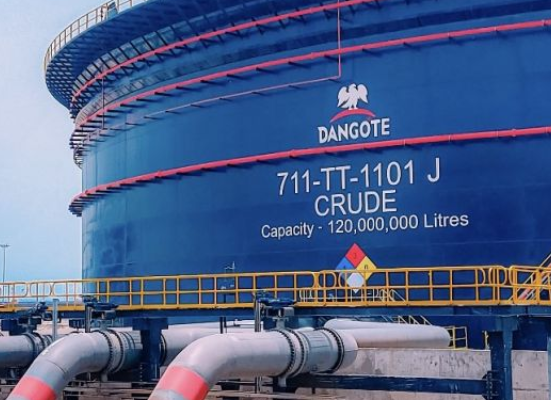The Independent Petroleum Marketers Association of Nigeria (IPMAN) has raised the alarm over potential losses in the downstream oil sector, following what appears to be the beginning of a new wave of petrol price reductions led by private operators. This comes in the wake of SGR, an independent marketer, slashing its pump price to N899 per litre across its stations in Ogun State — one of the lowest currently in the region.
This development trails the Federal Government’s decision to resume the naira-for-crude oil policy, a move that appears to have triggered fresh price competition among petroleum players. Barely 24 hours after the announcement of the policy last Wednesday, the Dangote Refinery, which has gradually become a price mover in the market, dropped its ex-depot rate to N865 per litre. This figure includes the charges of the Nigerian Midstream and Downstream Petroleum Regulatory Authority (NMDPRA), signalling the possibility of a sustained downward trend in petrol prices.
In response to this adjustment, several filling stations in Lagos and Ogun States have begun to follow suit, with prices dropping from around N940 per litre to between N930 and N920. Heyden, a retail partner of Dangote Refinery located along the Lagos-Ibadan Expressway, also reviewed its price to N915 per litre, confirming that the market is tilting toward a price war of sorts.
According to findings by KIIN360, about four SGR stations strategically positioned along major highways such as the Lagos-Ibadan Expressway and the Sagamu-Ijebu Ode axis have pegged their price at N899, undercutting even Heyden’s offer by N16. This has sparked widespread public attention as motorists rush to these locations for cheaper fuel, even as other marketers are left to reassess their strategies.
The National Vice President of IPMAN, Alhaji Hammed Fashola, cautioned stakeholders in the downstream sector to act prudently in light of these rapid market changes. Speaking to KIIN360, Fashola advised both local marketers and importers to base their procurement and supply decisions on real-time data and market intelligence to avoid potential financial setbacks.
“My advice to co-marketers is to play safe. They should exercise caution and gather the right market information before making bulk purchases,” Fashola stated. “Sudden drops in price can lead to massive losses, especially when you are stocked up based on higher pricing.”
The Dangote Refinery, which officially began influencing the market structure from December 2024, has been at the center of this unfolding market shake-up. Before its full-scale operations, the Nigerian National Petroleum Company Limited (NNPC) held near-total control of importation and pricing under the regulated regime. However, the narrative began to shift significantly when Dangote’s 650,000 barrels-per-day capacity refinery came onstream, disrupting the monopoly and putting pressure on global gasoline margins.
While Dangote is widely viewed as a private entrepreneur competing in an open market, his pricing strategy has often led to speculation about monopolistic tendencies. Some importers have expressed concerns that the refinery’s consistent undercutting of prices is designed to edge them out of the market. Reports obtained by KIIN360 revealed that some fuel importers lost as much as N2.5 billion daily — amounting to about N76.5 billion monthly — when the Dangote refinery repeatedly dropped prices between October 2024 and March 2025 under the initial naira-for-crude agreement.
However, Fashola dismissed claims of price manipulation, stating that what is unfolding is simply the beauty of market deregulation. He emphasized that competition in a free market economy naturally leads to price adjustments, and Dangote’s actions are a reflection of that.
“Dangote is not dictating prices. He is competing,” Fashola noted. “And as long as other importers or local refiners can provide alternatives at competitive rates, it benefits everyone — especially the Nigerian people.”
He further argued that Dangote should be commended, not criticized, for his investments in the country. “It’s unfair to compare someone importing products with someone who has invested billions of dollars, created jobs, and built infrastructure in Nigeria. We need to support such initiatives, especially when they result in lower prices for the masses.”
Nevertheless, IPMAN warned against allowing a single player to dominate the market unchecked. “What we want is a healthy market — a market with multiple players and options. That’s how to sustain fair pricing and availability,” Fashola added.
Sources close to the Dangote Group disclosed that the billionaire industrialist had planned a significant petrol price drop to coincide with his 68th birthday last Thursday, but delays linked to the temporary suspension of the naira-for-crude arrangement forced a scaled-down move. Still, the ex-depot price was lowered by about N15 on the day, and further reductions are expected in the coming weeks, depending on crude supply and market dynamics.
With coastal vessel delivery of petrol still on hold, and other refined products such as diesel and aviation fuel still priced in dollars, analysts believe that the full impact of local refining will unfold gradually. Until then, marketers are advised to stay alert and be prepared for unpredictable shifts in pricing trends.
As the government and private sector continue to redefine the petroleum landscape, Nigerians can expect a more competitive and potentially beneficial market — but for players in the sector, it’s a time to tread carefully.







